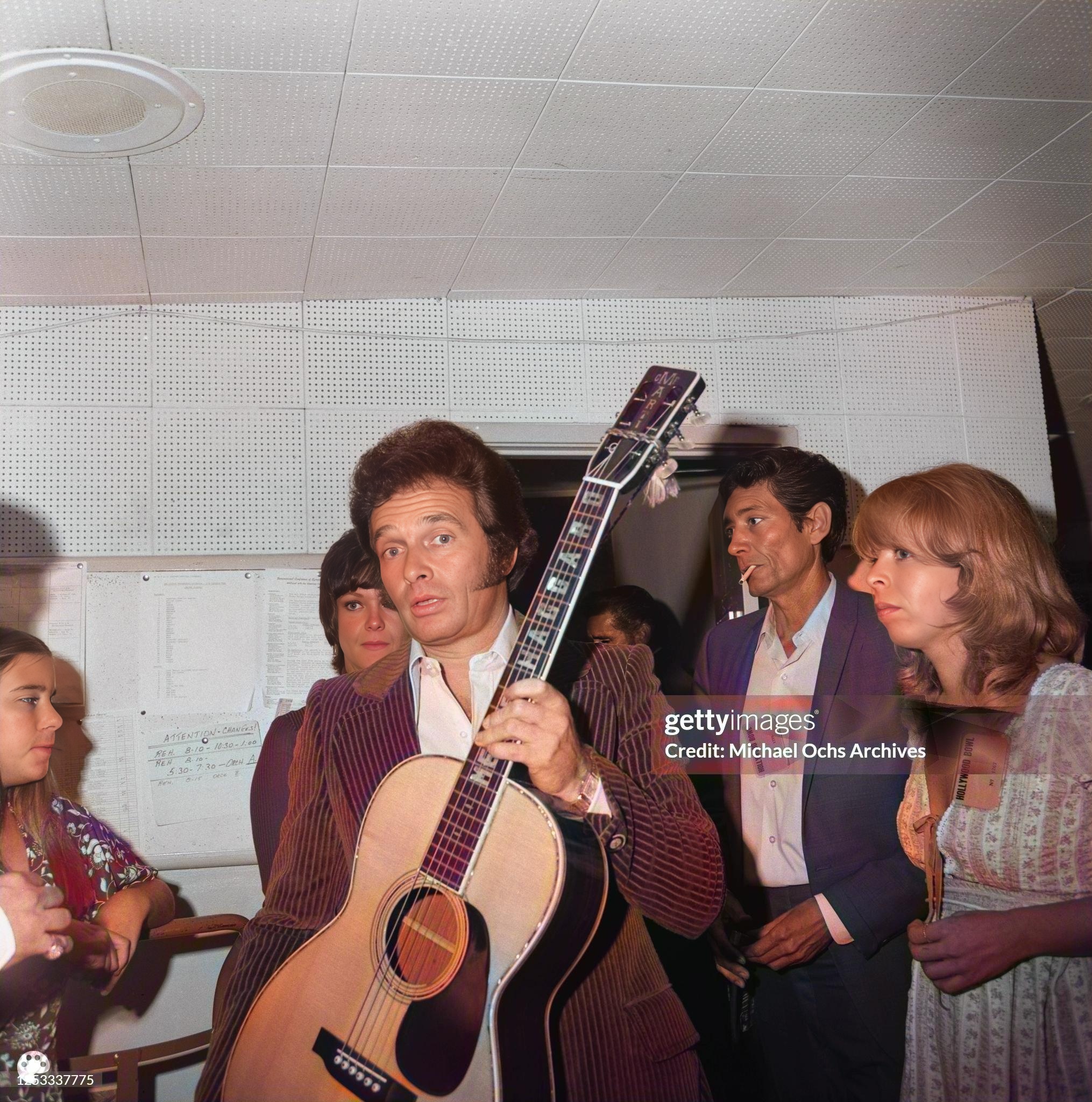
Merle Haggard, a name synonymous with authentic country music, was a towering figure in the genre. Born during the Great Depression, his life story reads like a classic country song itself, filled with hardship, redemption, and an unwavering connection to the working class. Haggard wasn’t just a singer; he was a storyteller, a poet of the everyday man, and his music resonated deeply with audiences who recognized their own struggles and triumphs reflected in his lyrics. He amassed an impressive collection of awards, including multiple Grammy Awards, CMA Awards, and ACM Awards. His songs consistently topped the Billboard country charts, solidifying his place as a true icon.
One of Haggard’s most poignant and enduring works is “If We Make It Through December,” released in 1973. The song departs from the usual festive cheer of Christmas carols, offering instead a stark and unflinching portrayal of poverty and unemployment during the holiday season. It tells the story of a factory worker laid off just before Christmas, struggling to provide for his family and grappling with the crushing weight of disappointment. The lyrics paint a vivid picture of bleak realities, capturing the desperation and quiet resilience of those often overlooked by mainstream narratives.
“If We Make It Through December” struck a powerful chord with listeners across America, resonating deeply with those facing similar economic hardships. Despite its melancholic tone, the song offered a sense of solidarity and understanding. Many found comfort in knowing they weren’t alone in their struggles. The audience feedback was overwhelmingly positive, praising Haggard’s honesty and his ability to capture the spirit of the working class with such empathy. It became an instant classic, solidifying Haggard’s reputation as a voice for the voiceless and a chronicler of the American experience.